Nairobi Traders Count Millions in Losses After Violent CBD Protests
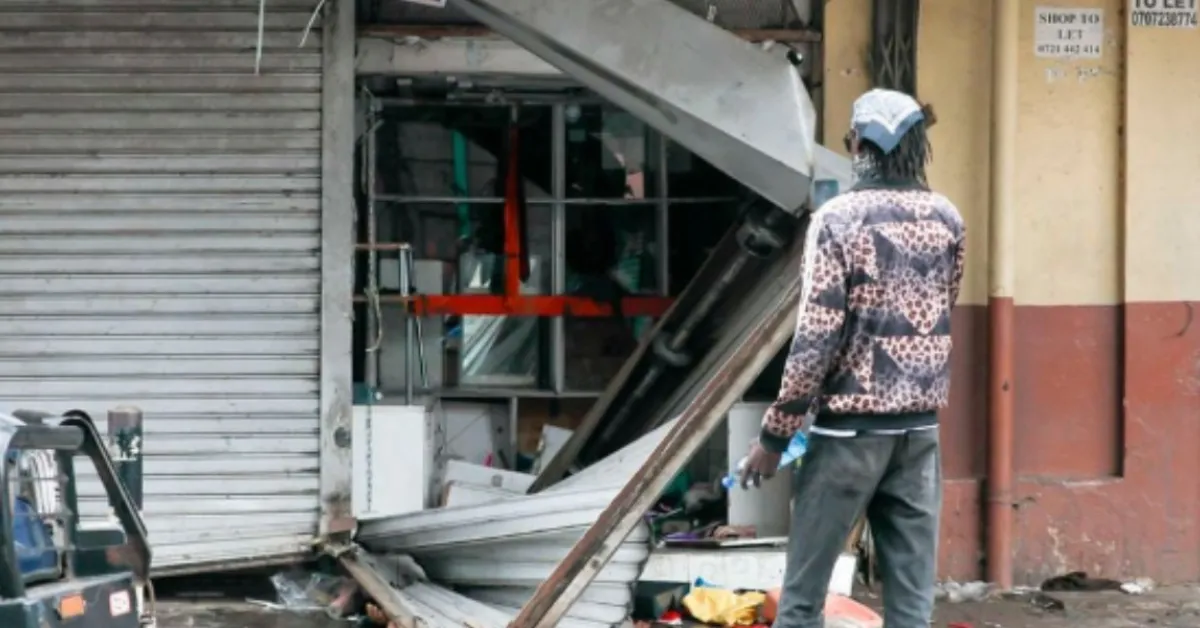
Nairobi's central business district is grappling with significant economic fallout following Wednesday's protests, with small-scale traders bearing the brunt of widespread looting and destruction.
The demonstrations, intended as a political statement, have resulted in substantial damage to businesses, particularly in areas such as Temple Road, Nyamakima, Mfangano Street, and the Salvation Army arcade. The aftermath reveals a scene of shattered storefronts, overturned displays, and fire-damaged interiors, with debris obstructing numerous roads. Evidence suggests a coordinated element to the looting, which coincided with clashes between protesters and law enforcement.
Electronics shops, phone retailers, and eateries were specifically targeted, pointing to a deliberate operation rather than random acts of vandalism. Cecelia Wanjiku, Bata's Nairobi district sales manager, describes the remains of the Embakasi East branch as "smouldering," after it was emptied and set alight.
Anne Wanjiku, a 38-year-old electronics shop owner at the Salvation Army stalls, returned to her business to find it ransacked and gutted. She estimates, alongside her partner Joyce Mumbua, combined losses of Sh1.2 million, lamenting the destruction and lack of protection. Mumbua criticises the government for inadequate security measures, stating that traders were cautioned against guarding their premises with weapons under threat of arrest.
Young entrepreneurs have been particularly hard-hit. Jacob Ngotho Kivuva, who established his clothing stall six months ago after losing his formal employment, faces total loss of his livelihood. He recounts how armed individuals looted his shop amidst the chaos of tear gas and rubber bullets, forcing him to abandon his business. On Temple Road and in the OTC area, reports indicate that over ten shops were raided. Business owners allege that the perpetrators demonstrated precise knowledge of shop layouts and stock, selectively targeting specific businesses.
Beatrice Wanjiku, a businesswoman in the Bus Station area, reports losses of goods worth Sh1.5 million, asserting that those responsible were not merely protesters, but had planned to selectively attack businesses. The affected traders express increasing anger and disillusionment. Laban Kariuki Mwangi, chairperson of the Temple Road Business Community, voices collective frustration regarding the millions in stock lost, and seeks government intervention.
The perceived disparity in security measures between State buildings and private businesses is a major concern. "We see how State House is guarded. Why not protect mwananchi too?" questions Mumbua.
The Kenya Association of Manufacturers, through CEO Tobias Alando, calls for thorough investigations and accountability for the violence, urging the government to ensure that perpetrators face justice. The economic impact extends beyond individual losses, causing broader commercial disruption. Reopened shops exhibit depleted stock and a pervasive sense of fear. For many, the destruction signifies not just a setback, but the complete loss of their means of living.

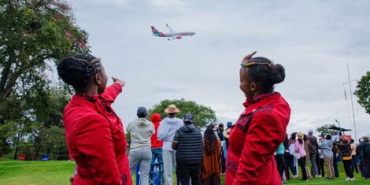
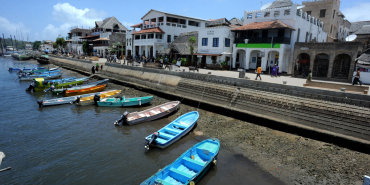




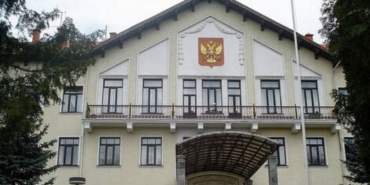
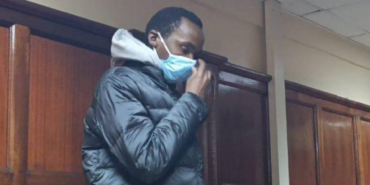
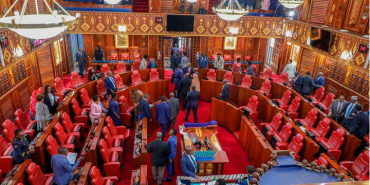




Add new comment